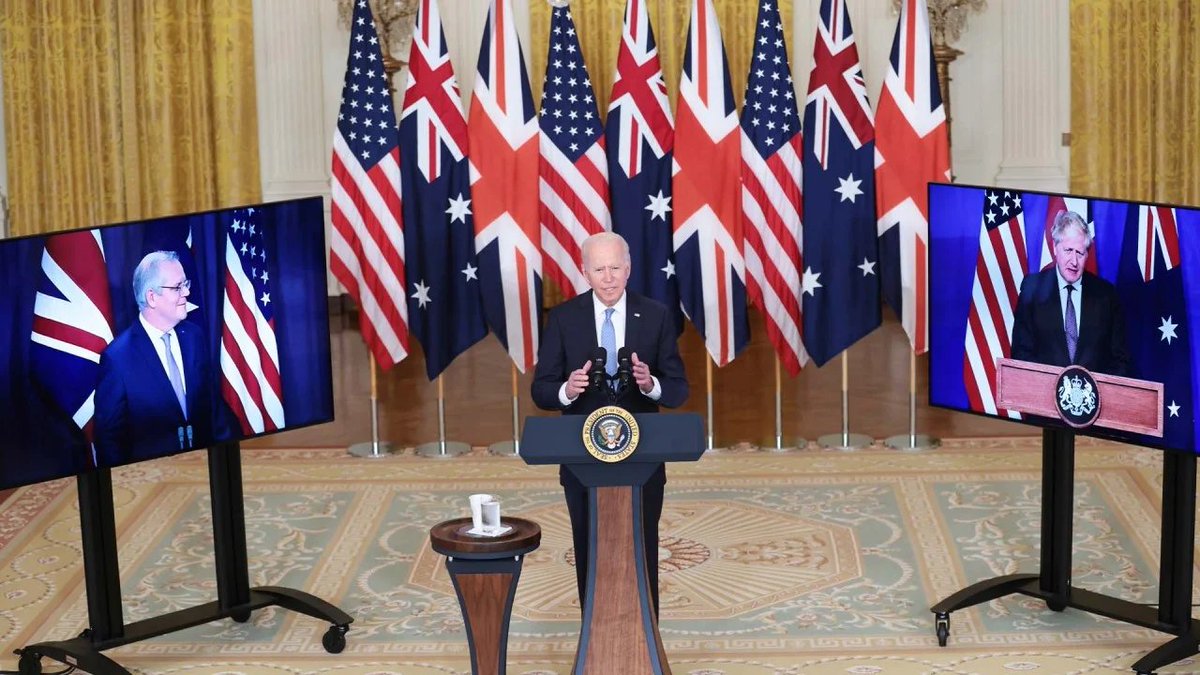
What's the paper about?
"Embedded Liberalism" of course (see first tweet).
But what does that mean?
"Embedded Liberalism" of course (see first tweet).
But what does that mean?
Ruggie draws on Karl Polanyi's "The Great Transformation" (a TRUE classic, published in 1944)...
amazon.com/Great-Transfor…
amazon.com/Great-Transfor…
...and a less well known paper by Charles Kindleberger.
cambridge.org/core/journals/…
cambridge.org/core/journals/…
Though the paper is not as well known, Kindleberger himself IS well known.
amazon.com/World-Depressi…
amazon.com/World-Depressi…
Polanyi and Kindleberger both describe economic relations between the European powers in the late 19th century and early 20th century as marked by "Laissez-faire" policies.
As Polanyi writes (and Ruggie quotes), "Laissez-faire was planned"
As Polanyi writes (and Ruggie quotes), "Laissez-faire was planned"
In other words, governments essentially said, "let the market figure it out".
Governments essentially embraced of the "invisible hand" line by Adam Smith, and they applied it within and between economies (i.e. free trade and little regulation).
amazon.com/Wealth-Nations…
Governments essentially embraced of the "invisible hand" line by Adam Smith, and they applied it within and between economies (i.e. free trade and little regulation).
amazon.com/Wealth-Nations…
In theory, this policy should result in highly efficient economic outcomes, as predicted by a rarified-version economic theory 

That's "Liberalism" (in an economic sense)
What about "Embedded"?
What about "Embedded"?
Following World War I, governments staying "hands off" of economic affairs was no longer politically viable.
This was because war-time production transformed the relationship between government and labor...
This was because war-time production transformed the relationship between government and labor...

But this led government policies to swing fully in the other direction: high intervention and control of markets, both domestically and internationally.
In other words, governments became "embedded" in the economy.
In other words, governments became "embedded" in the economy.
...global depression (as famously captured by the "death spiral" of global trade during the late 1920s and early 1930s) 

Near the end of World War II (1944, the same year Polanyi published), the allied powers gathered in Bretton Woods, New Hampshire... 

...in an attempt to say "what was done before didn't work. What can be done differently?"
As FDR put it at the opening session of the conference 👇
Source: cvce.eu/content/public…
As FDR put it at the opening session of the conference 👇
Source: cvce.eu/content/public…

The goal of the conference was to reach, as Ruggie described it, a "compromise": Embedded Liberalism. 

Reaching this "compromise" required some hard bargaining, especially between the 🇺🇸 and 🇬🇧 representatives at the conference 

For details on the bargaining at Bretton Woods, highly recommend @BennSteil's book
amazon.com/Battle-Bretton…
amazon.com/Battle-Bretton…
The "compromise" sought to have the best of both worlds: as much free trade and open financial movements as possible, while still making it possible for governments, when needed & desired, to intervene in their economies.
In a key passage from the paper, Ruggie writes
In a key passage from the paper, Ruggie writes

How was this achieved?
On the financial side, this meant allowing "capital controls" -- essentially policies that do not allow (or limit) money from leaving an economy (e.g. charging a really high tax on exchanging currency).
On the financial side, this meant allowing "capital controls" -- essentially policies that do not allow (or limit) money from leaving an economy (e.g. charging a really high tax on exchanging currency).

On the trade side, this meant being highly selective in which tariffs were reduced and for which industries.
Negotiating such reductions is a key feature of the "rounds" of GATT (and now the @wto)
Negotiating such reductions is a key feature of the "rounds" of GATT (and now the @wto)

How well did the compromise work?
Well, it sorta did...for awhile. See, for example, 👇
Well, it sorta did...for awhile. See, for example, 👇
https://twitter.com/ProfPaulPoast/status/1434141493082664963
But just because elements of the system collapsed (such as the Gold Standard), doesn't mean the entire system needs to fall apart.
The system is built on treaties...
The system is built on treaties...

These are essentially what Ruggie called "international regimes".
These can still thrive even if the power dynamics of the countries involved change. As he writes in another key passage
These can still thrive even if the power dynamics of the countries involved change. As he writes in another key passage

That claim foreshadowed the argument put forward by Robert Keohane in 1984...
amazon.com/After-Hegemony…
amazon.com/After-Hegemony…
...and would serve as the crux of the "Great Debate" during the 1990s
https://twitter.com/ProfPaulPoast/status/1416358123560910857
In sum, Ruggie's 1982 paper is a foundational reading in IPE (and international relations as a whole) for a host of reasons: its connection to "classic works"; its summary & treatment of history, and because the ideas it introduced shaped subsequent debates.
[END]
[END]
• • •
Missing some Tweet in this thread? You can try to
force a refresh


















